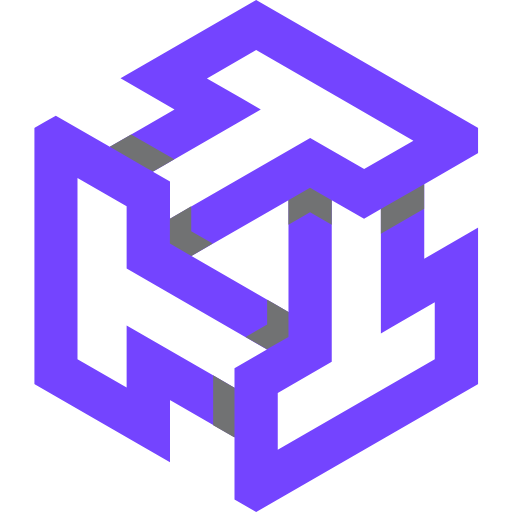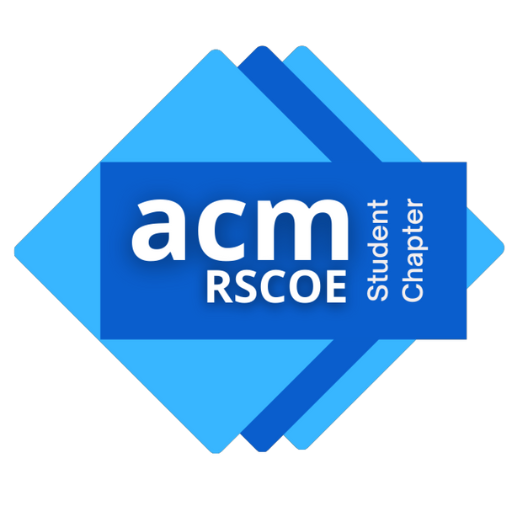 Trinity Docs
Trinity Docs
Trinity Docs
This documentation describes the core features of event, technical requirements, tools and software needed along with their installations, preparation and important resources to prepare.
🚀 Introduction
Overview:
The event focuses on educating juniors about the essential phases of software development. The 3 phases covered in the event are Design, Development, and Deployment.
Purpose:
The event aims to provide a comprehensive understanding of these phases and their significance in the software development process. The speakers will share their experiences and provide practical tips to help attendees better understand these phases. This event is exclusively for SY students who want to gain a deeper understanding of software development and advance their careers.
Target Audience:
Second Year Students with Basic Web Development Knowledge. Join us and get ready to broaden your horizons and expand your understanding of the software development process.
📅 Agenda
Topics Covered:
1. Design:
🔹 Introduction to Canva and its features for designing user interfaces.
🔹 Best practices for creating visually appealing and user-friendly interfaces.
🔹 Tips for choosing colors, typography, and other design elements.
2. Development:
🔹 Introduction to HTML, CSS, and JavaScript.
🔹 Building responsive web pages with HTML, CSS, and JavaScript.
🔹 Tips for writing clean and efficient code.
3. Deployment:
🔹 Overview of hosting platforms, Netlify, and Vercel.
🔹 Deploying and hosting your web pages on Netlify or Vercel.
🔹 Best practices for deploying and maintaining web applications.
4. Version Control and Management:
🔹 Overview of version control systems such as GitHub.
🔹 Managing code repositories and version history with GitHub.
🔹 Best practices for collaborating with others and maintaining a project's codebase.
Schedule of the event:
The event is scheduled at 25feb 2023.
👨🏻💻 Prerequisites
Technical Requirements & Installations:
🔹 Laptops or desktop computers with at least 4GB of RAM and an updated web browser (Recommended:
Google Chrome)
🔹 Internet connectivity with sufficient bandwidth for online learning and collaboration
🔹 A text editor for writing code (e.g.Recommended Visual Studio Code, Other alternatives Sublime
Text, Atom)
🔹 A version control system such as Git installed on the computer
🔹 An account on Canva and/or a hosting platform such as Netlify or Vercel (recommended but not
required)
🔹 Stable power supply and backup power sources (e.g. power banks, backup generators)
Attendees are expected to bring their own devices and ensure they meet the minimum technical
requirements. This will enable them to participate effectively in the hands-on activities and
exercises. Having an account on Canva and a hosting platform is optional, but recommended for a better
learning experience.
📝 Preparation
Where to prepare from ?:
1. HTML:
Here are some recommended websites to learn the basics of HTML:
🔹 W3Schools - A comprehensive
resource for HTML and other web technologies.
🔹 MDN Web Docs - A comprehensive resource for web-dev, including detailed
information on HTML.
2. CSS:
Here are some recommended websites to learn the basics of CSS:
🔹 W3Schools - A comprehensive
resource for CSS and other web technologies.
🔹 MDN Web Docs - A comprehensive resource for web-dev, including detailed
information on CSS.
3. JS:
Here are some recommended websites to learn the basics of JavaScript:
🔹 W3Schools - A comprehensive
resource for JS and other web technologies.
🔹 MDN Web Docs - A comprehensive resource for web-dev, including detailed
information on JS.
4. GitHub:
Here are some important resources for learning GitHub:
🔹 GitHub Guides - GitHub's official documentation provides an in-depth guide to
using the platform.
🔹 GitHub Learning Lab - An interactive platform for learning Git and GitHub
through real-world projects.
Attending the event with a basic understanding of the technologies will allow attendees to follow the
flow of the event and gain the most out of the experience. Therefore, it is highly recommended for
attendees to familiarize themselves with the technologies before the event for a better learning
experience.
📚 Learnings
What we will cover ?:
1. HTML:
🔹 What is HTML and its purpose
🔹 Basic HTML elements such as headings, paragraphs, lists, links, images, etc.
🔹 How to structure a web page using HTML
🔹 Introduction to HTML5 and its new elements
2. CSS:
🔹 How to style HTML elements using CSS
🔹 The box model and how it affects the layout of elements on a page
🔹 Responsive design and media queries
3. JS:
🔹 What is JavaScript and its role in web development
🔹 Functions and event handling
🔹 DOM manipulation and working with HTML elements
4. GitHub:
🔹 What is GitHub and why it's used in software development
🔹 Collaborating on a project using forks, pull requests, issues.
🔹 Using Git version control to manage changes in code
